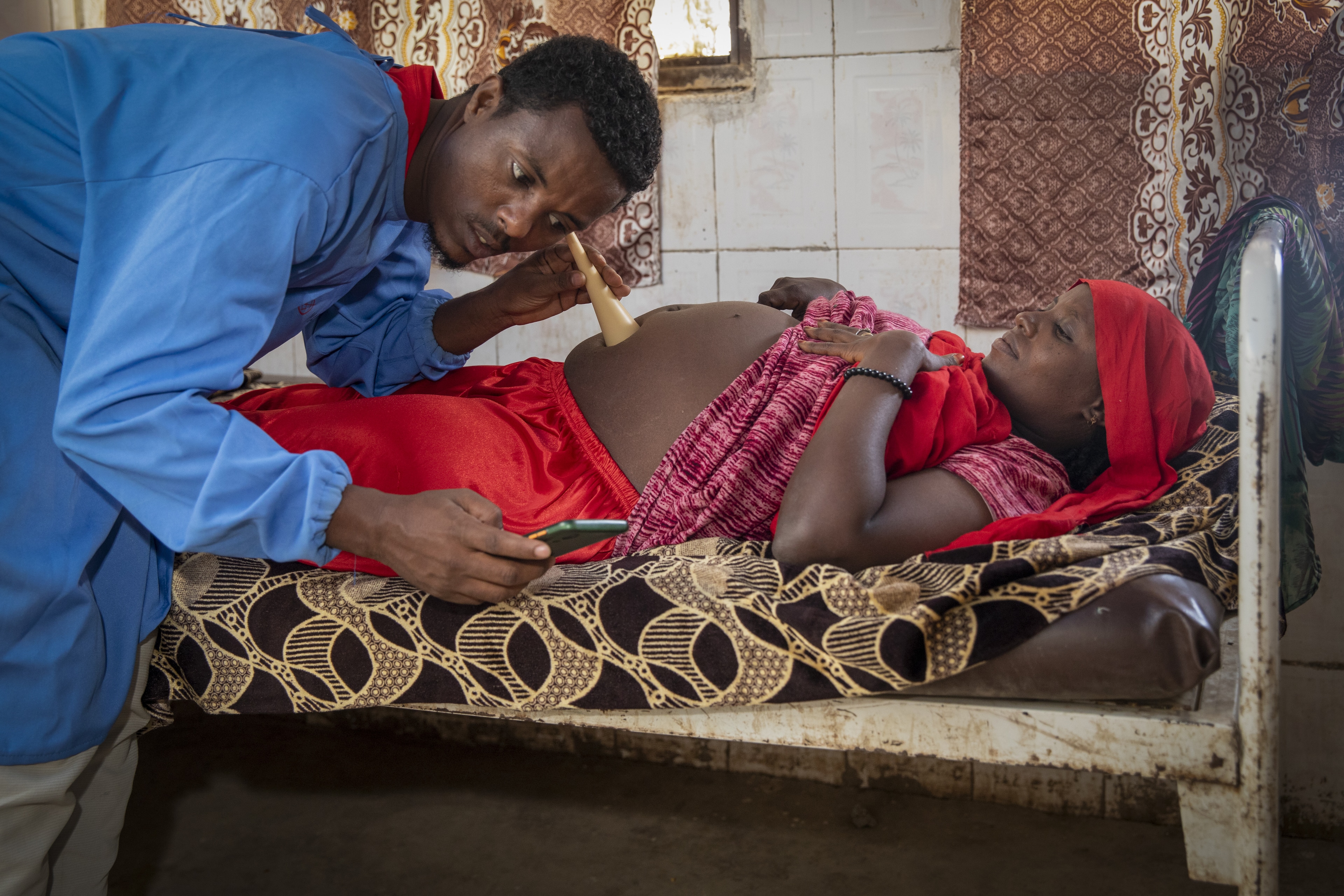COVID-19: What you need to know about the coronavirus pandemic on 4 January

The Omicron COVID-19 variant continues to drive surging cases around the world. Image: REUTERS

Get involved with our crowdsourced digital platform to deliver impact at scale
Stay up to date:
Pandemic Preparedness and Response
Listen to the article
- This daily news round-up brings you a selection of the latest news and updates on the COVID-19 coronavirus pandemic, as well as tips and tools to help you stay informed and protected.
- Top stories: US approves Pfizer booster shot for 12- to 15-year-olds; Omicron evades immunity better than Delta, Danish study finds; Indonesia to begin COVID-19 boosters from 12 January.
1. How COVID-19 is affecting the globe
Confirmed cases of COVID-19 have passed 292.5 million globally, according to Johns Hopkins University. The number of confirmed deaths has now passed 5.45 million. More than 9.21 billion vaccination doses have been administered globally, according to Our World in Data.
COVID-19 cases in Australia have hit record highs, with 47,799 new confirmed cases reported, largely as a result of the Omicron variant.
A wastewater survey has shown that the Omicron COVID-19 variant spread to a majority of regions of Italy in December.
India vaccinated more than 3.8 million teens aged between 15 and 18 years against COVID-19 on Monday, as the country expanded an inoculation effort to protect its large adolescent population.
New COVID-19 infections have risen to 103 in Tokyo, the highest level since October.
Spain's Health Ministry has reported a new record in the national 14-day COVID-19 infection rate, as the figure climbed to 2,295.8 per 100,000 people.
Indonesia is set to begin giving COVID-19 vaccine booster shots to the general public from 12 January, Health Minister Budi Gunadi Sadikin announced yesterday.
Poland could decide to introduce new restrictions if COVID-19 cases continue to rise, Health Minister Adam Niedzielski said yesterday.
Thousands of US schools have delayed reopening after the holidays or switched to remote learning as the Omicron variant continues to drive a surge in cases across the United States.

2. US approves Pfizer booster shot for 12- to 15-year-olds
The US Food and Drug Administration (FDA) has approved the use of a third dose of Pfizer/BioNTech COVID-19 vaccine in children aged from 12 to 15. The FDA also narrowed the interval for booster shot eligibility to five months from six.
The agency also authorized a third shot for children aged 5 to 11 years who are immunocompromised.
"Based on the FDA's assessment of currently available data, a booster dose of the currently authorized vaccines may help provide better protection against both the Delta and Omicron variants," said Peter Marks, Director of the FDA's Centre for Biologics Evaluation and Research.
New US COVID-19 infections have doubled in the past seven days to an average of 418,000 a day, according to a Reuters tally.
3. Omicron evades immunity better than Delta, Danish study finds
The Omicron COVID-19 variant is better at circumventing vaccinated peoples' immunity than the Delta variant, according to a new Danish study.
Investigating nearly 12,000 Danish households in mid-December, the scientists found that Omicron was 2.7 to 3.7 times more infectious than the Delta variant among vaccinated Danes.
The study, conducted by researchers at the University of Copenhagen, Statistics Denmark and Statens Serum Institut (SSI), suggests the virus is mainly spreading more rapidly because it is better at evading immunity obtained from vaccines.
"Our findings confirm that the rapid spread of the Omicron (variant) primarily can be ascribed to the immune evasiveness rather than an inherent increase in the basic transmissibility," the researchers said. The study has yet to be peer-reviewed.
While more transmissible, the Omicron variant does seem to induce less serious disease, SSI's Technical Director, Tyra Grove Krause, told local media on Monday.
"While Omicron will still be able to put pressure on our healthcare system, everything indicates that it is milder than the Delta variant," she said, adding the risk of being hospitalized with Omicron was half of that with Delta.
What is the Global Alliance for Social Entrepreneurship?
Don't miss any update on this topic
Create a free account and access your personalized content collection with our latest publications and analyses.
License and Republishing
World Economic Forum articles may be republished in accordance with the Creative Commons Attribution-NonCommercial-NoDerivatives 4.0 International Public License, and in accordance with our Terms of Use.
The views expressed in this article are those of the author alone and not the World Economic Forum.
The Agenda Weekly
A weekly update of the most important issues driving the global agenda
You can unsubscribe at any time using the link in our emails. For more details, review our privacy policy.
More on Health and Healthcare SystemsSee all
Michael Anderson, Gunnar Ljungqvist and Victoria Saint
May 15, 2024
Charlotte Edmond
May 14, 2024
Shyam Bishen
May 13, 2024
Anna Cecilia Frellsen
May 9, 2024
Angeli Mehta
May 8, 2024
Emma Charlton
May 8, 2024






